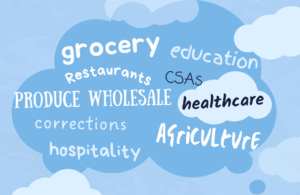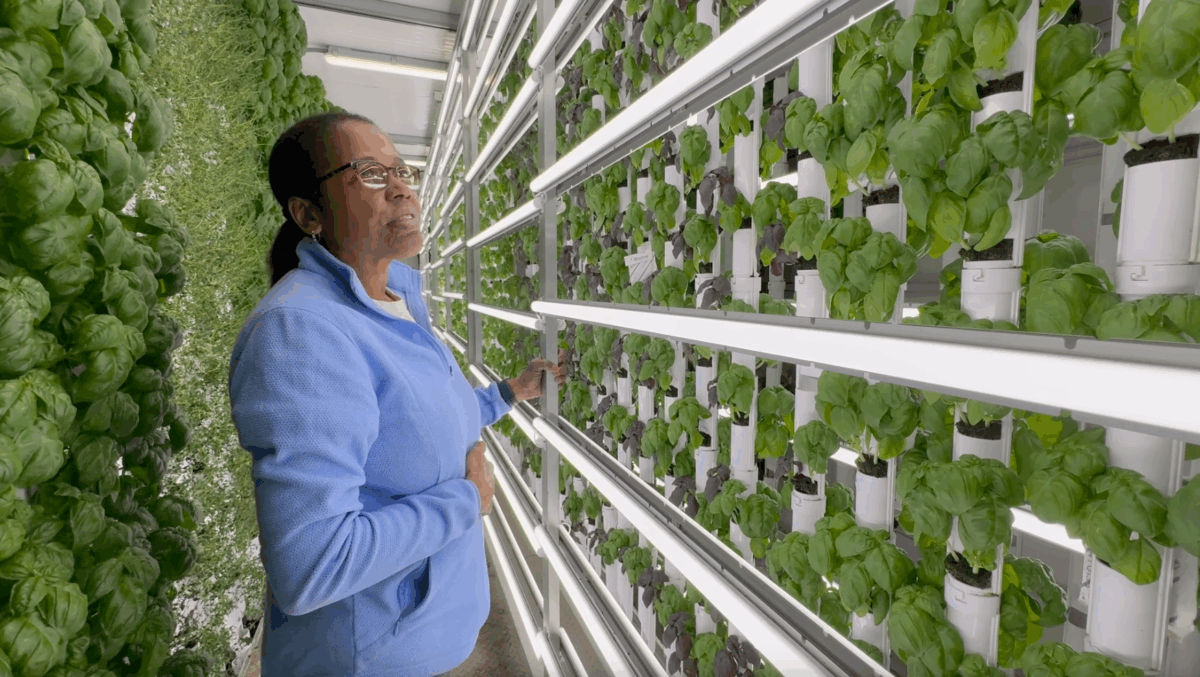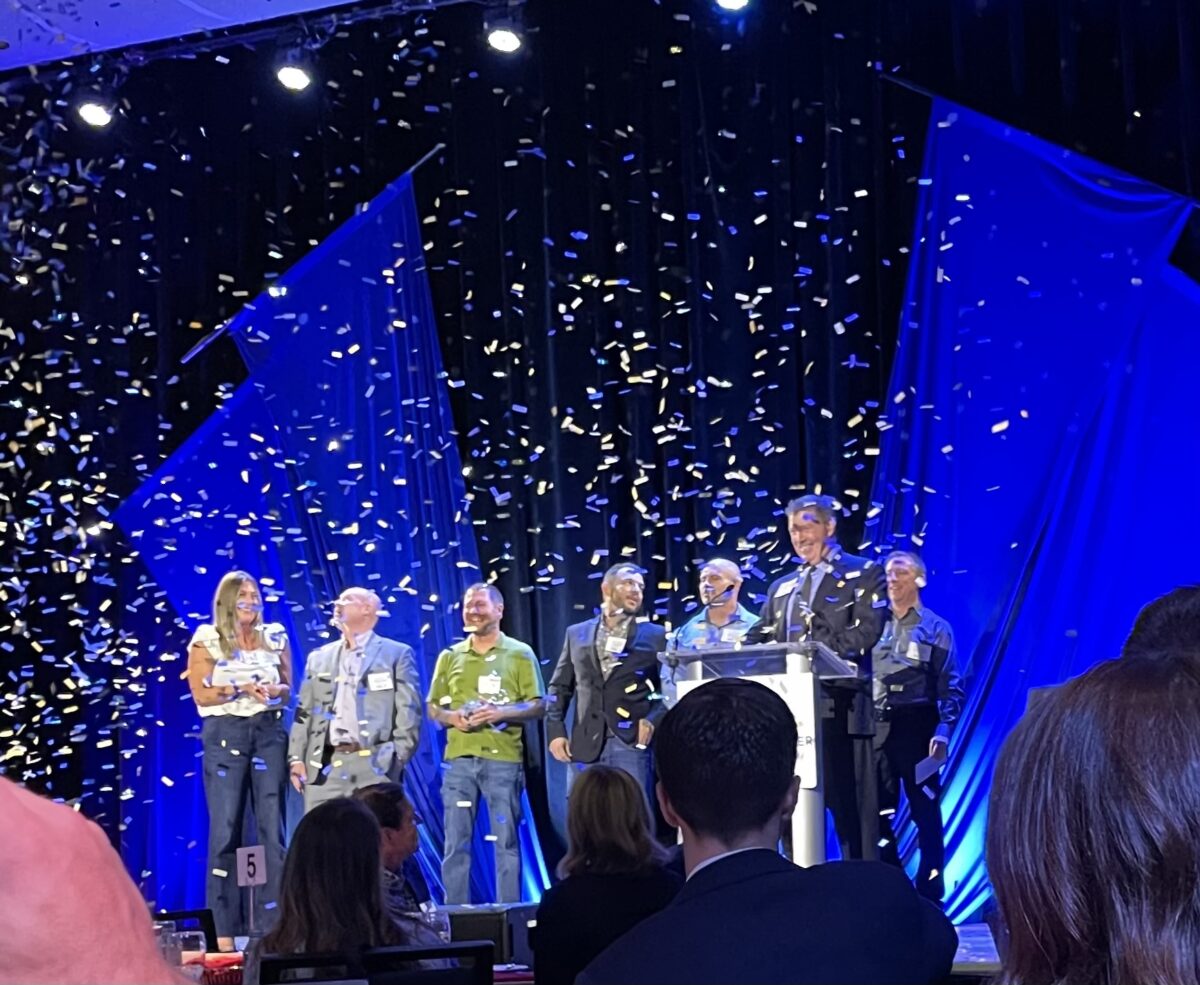1. Garlic Butter Oyster Mushrooms
A classic, savory side dish that’s simple yet bursting with umami flavor, perfect on its own or served over grains, pasta or mashed potatoes.
Ingredients (Serves 4):
-
1½ lb oyster mushrooms, cleaned & quartered
-
½ tsp kosher salt
-
1 tsp extra-virgin olive oil
-
3 Tbsp salted butter
-
2 garlic cloves, minced
-
2 Tbsp fresh parsley, chopped
Instructions:
-
Heat a large skillet over medium-high. Add mushrooms in a single layer and let brown for about 7 min.
-
Sprinkle with salt and let release moisture; add olive oil and cook until edges are golden (~8 min).
-
Add butter and then garlic; cook 2-3 min until fragrant and well coated.
-
Stir in parsley and serve right away.
Full recipe: Garlic Butter Oyster Mushrooms — The Modern Proper
2. Easy Oyster Mushroom Stir-Fry
Quick, light and perfect as a side or weeknight dish, inspired by Chinese stir-fry technique.
Ingredients (2–3 servings):
-
12 oz oyster mushrooms, rough bite-size
-
1 Tbsp peanut oil
-
2 cloves garlic, minced
-
1/8 tsp sugar & salt
-
2 tsp light soy sauce
-
Optional: sliced green onions
Instructions:
-
Heat oil in a skillet until hot. Add mushrooms and sear 1-2 min.
-
Add garlic and cook ~30 sec until aromatic.
-
Add sugar and salt; stir 2 min.
-
Pour in soy sauce; cook 1 min more.
-
Garnish with green onions and serve warm.
Full recipe: Easy Oyster Mushroom Stir-Fry — Omnivore’s Cookbook
3. Oyster Mushroom Tacos
Vegetarian tacos with seasoned oyster mushrooms make a perfect casual dinner or Taco Tuesday feature.
Ingredients (Serves 4):
-
1 lb oyster mushrooms, diced
-
2 Tbsp olive oil
-
1 poblano pepper, diced
-
1 onion, diced
-
1 packet taco seasoning or spices to taste
-
8–12 corn or flour tortillas
-
Toppings: lettuce, avocado, cilantro
Instructions:
-
Heat oil in a skillet; sauté mushrooms, poblanos, and onion until softened.
-
Sprinkle in taco seasoning with a splash of water; simmer 5-10 min until sauce thickens.
-
Warm tortillas, fill with the mushroom mixture and desired toppings.
Full recipe: Oyster Mushroom Tacos — Credit: BurkleHagen Food Photography
4. Creamy Oyster Mushroom Risotto
A rich and comforting risotto with tender oyster mushrooms, ideal for fall or dinner parties.
Ingredients
- 1 ½ cups Arborio rice (or Carnaroli if available)
- 1 lb mixed mushrooms (*cremini, shiitake, oyster, porcini-mix for depth), sliced
- 4-5 cups chicken or vegetable stock
- 2 shallots, finely diced
- 3 garlic cloves, minced
- ½ cup dry white wine (Substitute: same amount of stock + 1-2 tsp fresh lemon juice)
- 3 tbsp unsalted butter, divided
- 3 tbsp olive oil
- ½ cup freshly grated Parmesan cheese
- ¼ cup heavy cream
- 2 tbsp chopped fresh parsley
- Salt and freshly ground black pepper, to taste
- Optional finishing touch: drizzle of truffle oil or a sprinkle of lemon zest
Instructions
-
- Warm stock: Keep stock in a saucepan over low heat.
- Heat 1 tbsp butter + 2 tbsp olive oil in a wide pot. Sauté mushrooms with a pinch of salt until golden brown, 6-8 minutes. Remove and set aside.
- In the same pan, add remaining olive oil + 1 tbsp butter. Cook shallots until translucent, 3-4 minutes. Stir in garlic for 1 minute.
- Add Arborio rice, stirring for 2 minutes until edges look translucent.
- If using wine: pour in the white wine, stir, and let it mostly absorb.
If using the substitute: add ½ cup warm stock, then stir in 1-2 tsp lemon juice. Let absorb. - Add warm stock one ladle at a time, stirring often. Wait until liquid is mostly absorbed before adding the next. Continue until rice is creamy and al dente (18-20 minutes).
- Stir in mushrooms, remaining butter, Parmesan, and cream. Season with salt and pepper.
- Rest & serve: Let risotto sit off-heat for 2 minutes. Garnish with parsley, thyme, or lemon zest.
5. Polenta with Roasted Oyster Mushrooms
Heartier and rustic, this pairing elevates creamy polenta with meaty roasted mushrooms.
Ingredients (Serves 4):
-
Oyster mushrooms, torn or sliced
-
Polenta (prepared per package)
-
Olive oil, salt & pepper
-
Herbs (thyme or parsley)
-
Optional: grated cheese
Instructions:
-
Toss mushrooms in olive oil, salt, and herbs; roast at 400°F until crisp (~15-20 min).
-
Prepare polenta according to package.
-
Spoon polenta onto plates; top with roasted mushrooms and extra herbs or cheese.
Inspiration: Polenta & Oyster Mushrooms from popular recipe roundups
6. Creamy Oyster Mushroom Pasta
A cozy creamy pasta that highlights oyster mushrooms and garlic for a satisfying main.
Ingredients (Serves 4):
-
8 oz pasta of choice
-
Oyster mushrooms (about 250 g), shredded
-
1 Tbsp olive oil or butter
-
2 cloves garlic, minced
-
1 cup heavy cream or plant-based cream
-
Parmesan or nutritional yeast
-
Salt, pepper, parsley
Instructions:
-
Cook pasta according to directions; reserve some pasta water.
-
Sauté mushrooms in oil until golden. Add garlic and cook briefly.
-
Lower heat; add cream and simmer 5 min, thinning with pasta water if needed.
-
Stir in cheese and cooked pasta; season and garnish with parsley.
Based on combined oyster mushroom pasta ideas from recipe collections
Need the main gradient? Visit farmboxfoodsfresh.com to pick up some fresh mushrooms!
We have provided links to all source pages, but if you own any of the above recipes and wish to have it removed from this page, please submit a web form at www.farmboxfoods.com.


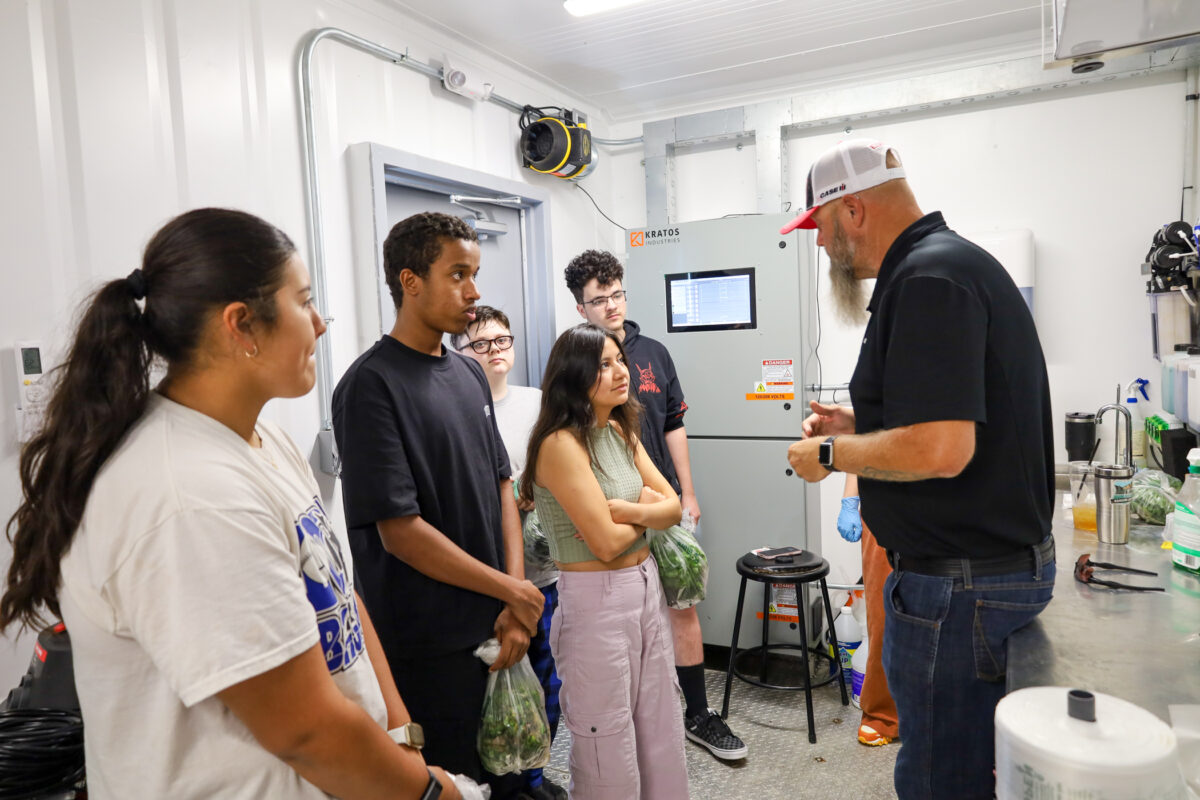
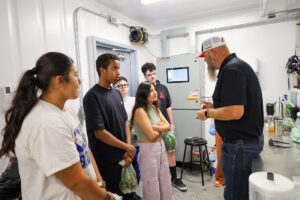
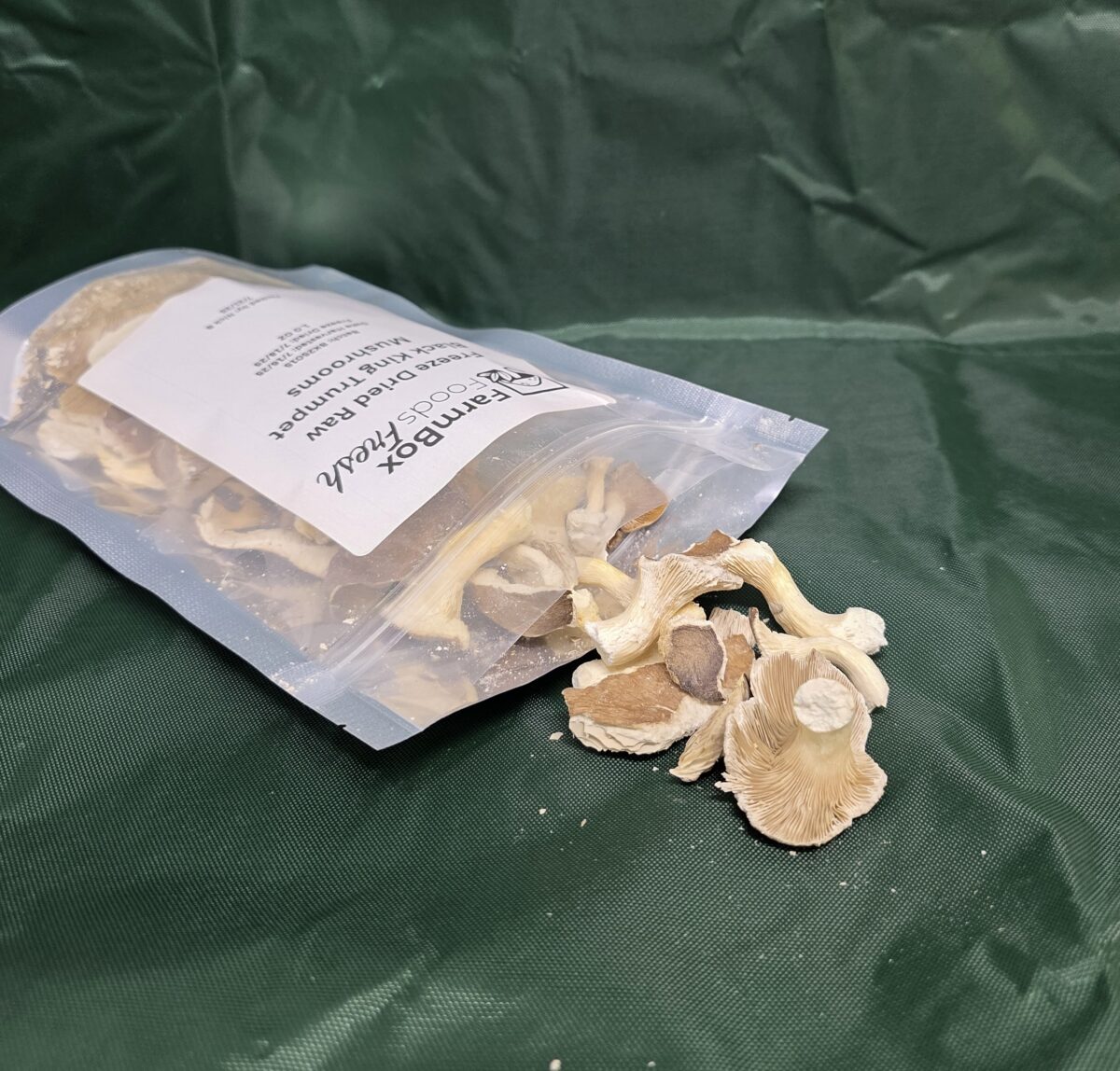


 What used to be a niche hobby practiced by expert foragers or small scale farmers has rapidly become a mainstream pursuit embraced by home growers, chefs, wellness enthusiasts and commercial operators. Several factors are driving this shift, and together they paint a picture of a movement that blends food security, health consciousness and a desire for sustainable self sufficiency.
What used to be a niche hobby practiced by expert foragers or small scale farmers has rapidly become a mainstream pursuit embraced by home growers, chefs, wellness enthusiasts and commercial operators. Several factors are driving this shift, and together they paint a picture of a movement that blends food security, health consciousness and a desire for sustainable self sufficiency. One of the biggest reasons indoor mushroom cultivation is booming is the reliability it offers. Mushrooms depend on precise humidity, temperature, airflow and lighting conditions. Outdoor growing is unpredictable and often not feasible for people who live in dry climates cold climates or urban areas. Indoor systems remove those barriers entirely.
One of the biggest reasons indoor mushroom cultivation is booming is the reliability it offers. Mushrooms depend on precise humidity, temperature, airflow and lighting conditions. Outdoor growing is unpredictable and often not feasible for people who live in dry climates cold climates or urban areas. Indoor systems remove those barriers entirely.
